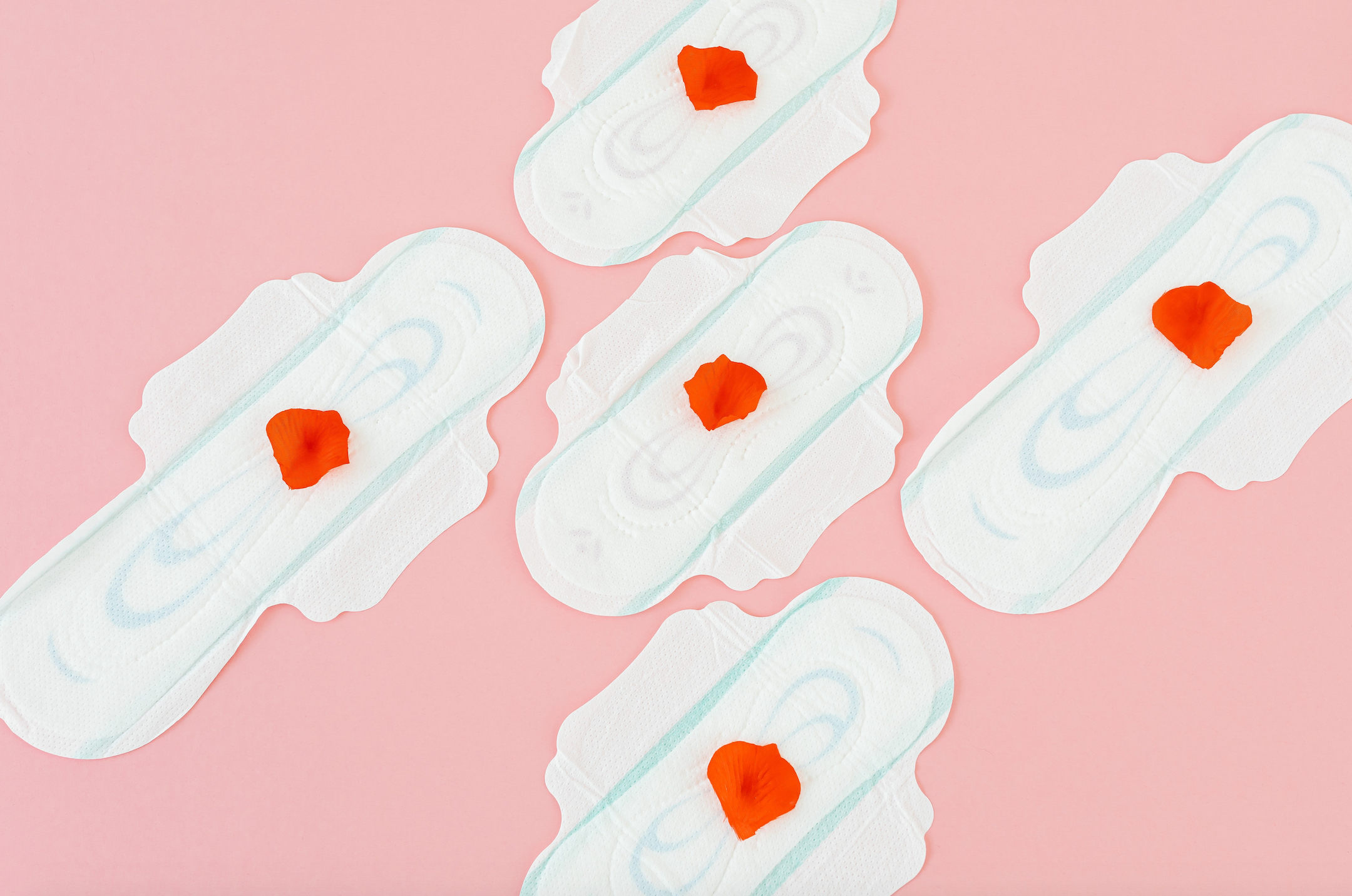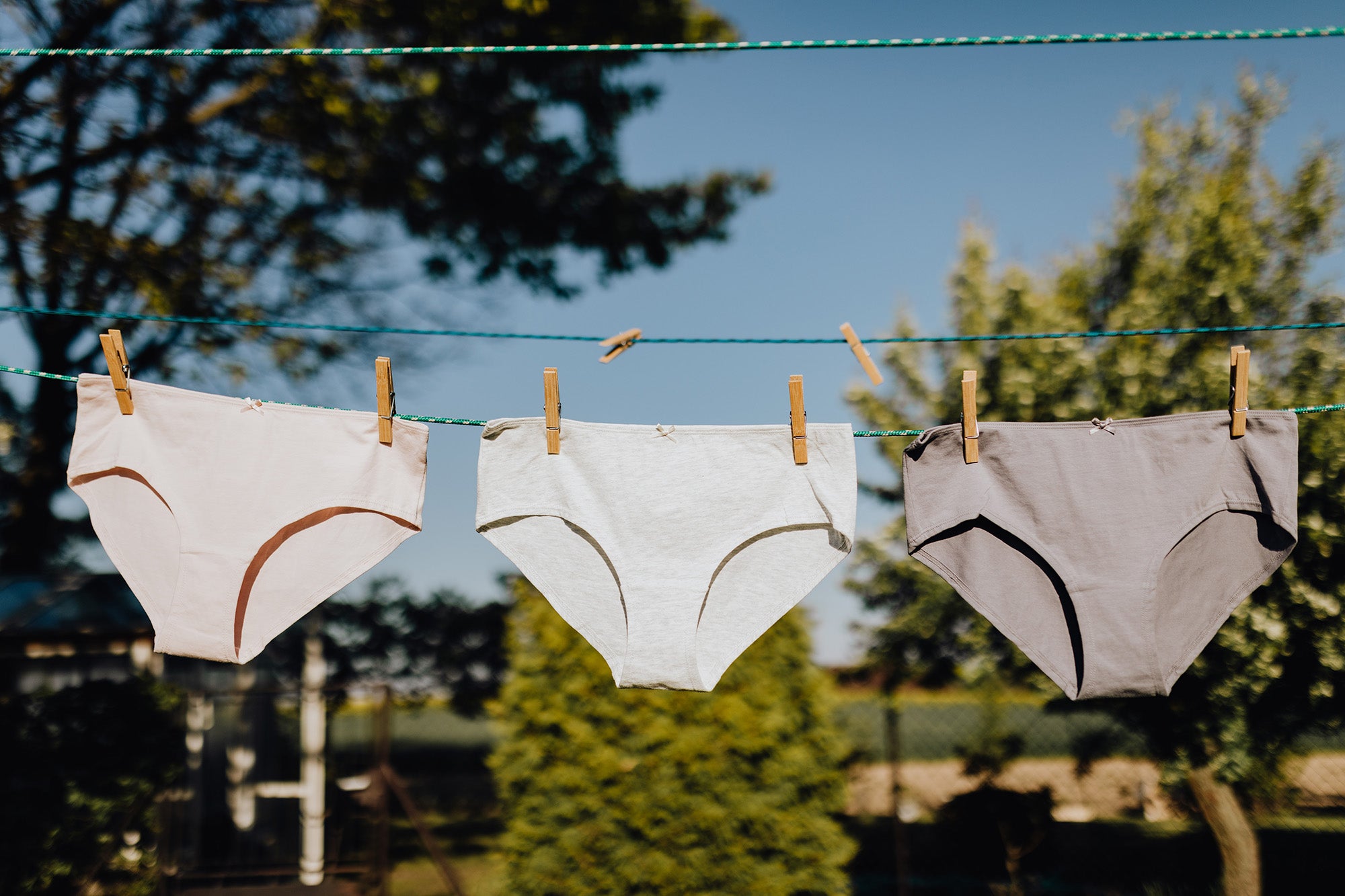Oh yeah, we’re going there. If you find that you’re more prone to diarrhea or constipation when you’re on your period, it’s not just you. The way you poop can totally change during menstruation, thanks to hormones called prostaglandins and progesterone.
Prostaglandins and diarrhea
Prostaglandins are hormones that trigger muscle contractions, and they increase during a period to help the uterus shed its lining. Prostaglandin caused contractions are also what create that cramping feeling many people experience – including those random sharp butt pains. These hormones can enter the bloodstream and cause the bowels to contract just like the uterus, which is why a person might have to go more often and might experience more watery stool (AKA, diarrhea). If someone’s a coffee drinker, cutting back while menstruating may help prevent diarrhea, since coffee acts as a laxative (it makes you poop, too). It’s also important to keep eating balanced and nutritious meals, since consuming lots of sugar and salt (hello, cravings) can also disrupt your regular bowel movements.
Progesterone and constipation
On the other end of the bathroom spectrum, a person might feel more constipated than usual. This is where the hormone progesterone comes into play. Progesterone levels increase during ovulation so the uterine lining can thicken in anticipation of an egg, but it also causes constipation. For this reason, constipation can happen right before your period starts while a person is still ovulating. Eating lots of fiber through fruits and vegetables, staying hydrated, and exercising can help keep the bowel movements regular. It’s also a good idea to go when you need to go, because missing an opportunity to poop can sometimes make constipation worse.
Pooping and pain
Some people find that the actual act of pooping can be painful while menstruating. People who have already existing intestinal problems such as IBS, Crohn's Disease, or ulcerative colitis, often report worsening symptoms during this time. Even if someone doesn’t have one of these conditions, they might experience more inflammation and heightened nerve sensitivity, also caused by prostaglandins. The uterus and rectum are located very close to each other, so the same symptoms on the front side might also occur on the backside. Period cramps could also flare up when a person goes number 2, especially if they’re straining to poop. However, if you are ever in excruciating pain, make sure to speak with your doctor!





Leave a comment
All comments are moderated before being published.
This site is protected by hCaptcha and the hCaptcha Privacy Policy and Terms of Service apply.